Indonesian Agriculture Minister Andi Amran Sulaiman recently announced that he will provide modern technology and attractive salaries to attract Millennials (those born between 1981 and 1996) to become farmers.
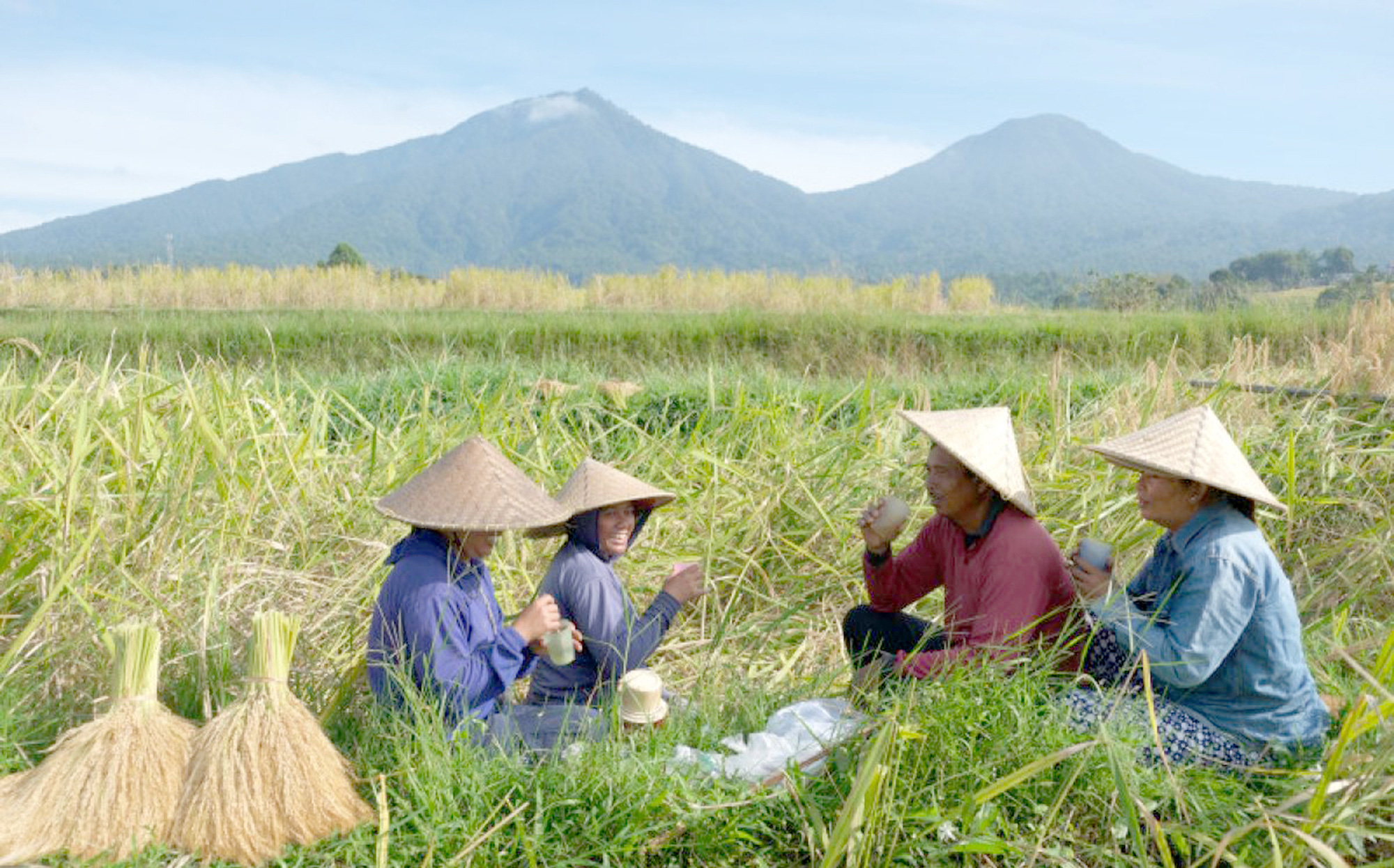
Indonesian farmers take a break during the rice harvest in Bali - Photo: Antara News
This is a strategy of Minister Andi Amran Sulaiman to realize the food self-sufficiency goal of the new administration of President Prabowo Subianto and Vice President Gibran Rakabuming Raka.
Andi Amran Sulaiman (Minister of Agriculture of Indonesia)
Farming lacks "vitality"
Agriculture plays a vital role in Indonesia’s food security and economy . However, the sector is facing many challenges in the context of a growing population and a lack of interest from young people in the sector.
In Indonesia, the 45 million hectares of agricultural land are shrinking at a rate of 50,000 to 70,000 hectares per year. Agricultural productivity is also declining over time along with the decline in the number of farmers.
"The situation is getting worse because young people are lacking interest in this field," Indonesia's Antara news agency quoted Mr. Moeldoko, chief of the Indonesian presidential office under President Joko Widodo, as saying earlier this month.
The Food and Agriculture Organization of the United Nations (FAO) cited a 2023 report by Indonesia's Central Statistics Agency as saying that more than 80% of the country's farmers are aged 40 or older. This number signals an urgent need for generational change to prevent a shortage of farmers and the risk of food insecurity.
Currently, the agricultural sector employs about 135 million people, accounting for more than 30% of Indonesia's population. However, nearly 50% of the unemployed are young people between the ages of 15 and 29. This shows a serious imbalance between the needs of the sector and the interests of young people.
According to the Jakarta Post , the Indonesian National Development Planning Agency has warned that the country will no longer have professional farmers by 2063 as young people no longer participate in the industry. A 2015 study with the participation of IPB University (Indonesia) pointed out that young people are afraid to do farming because this profession is "not profitable" when the difficulties and risks of failure are increasing.
Farmer Recovery
In response, earlier this month, FAO, in collaboration with Indonesia, launched the first training activity under the Farmers Regeneration Programme, aimed at attracting the younger generation to the agricultural sector.
The program includes training courses to enhance the skills and knowledge of young people through innovative solutions and digital tools. In addition, the program will establish training centers and support networks for Indonesia's new generation of farmers, providing information and connecting them to necessary resources.
The new administration of President Prabowo Subianto also realized that to attract Millennials and Gen Z (those born between 1997 and 2012), it is necessary to change the approach and create a comfortable working environment in the agricultural sector.
Agriculture Minister Andi Amran Sulaiman’s young farmer attraction program plans to set up 15 groups of millennial farmers to manage 200 hectares of agricultural land, along with salaries much more attractive than the current average farmer salary (Rp 2.1 million/month, about USD 134).
"Each farmer can earn at least Rp 10 million (US$640) per month, even up to Rp 20 million (about US$1,300). This is higher than the salary of a minister and higher when compared to other jobs that only pay about Rp 2 million (about US$130)," Mr. Andi Amran Sulaiman said in an interview on October 23.
In addition, the Ministry of Agriculture also cut unnecessary budgets and set aside Rp 1.3 trillion (about 86 million USD) for food self-sufficiency. This money will mainly support farmers to buy seeds, develop 1 million hectares of rice land in Merauke City and 500 hectares in Central Kalimantan province.
Indonesia reduces dependence on imported food
According to the Jakarta Globe, President Prabowo Subianto has set a goal of achieving food self-sufficiency for Indonesia within four years of his inauguration as president, emphasizing the importance of reducing dependence on imported food.
"Our survival as a nation depends on food sovereignty . A free country must be able to produce enough food to feed its people. We cannot continue to depend on imported food," he said.
Source: https://tuoitre.vn/indonesia-tra-luong-cao-de-nguoi-tre-lam-nong-20241025081021738.htm


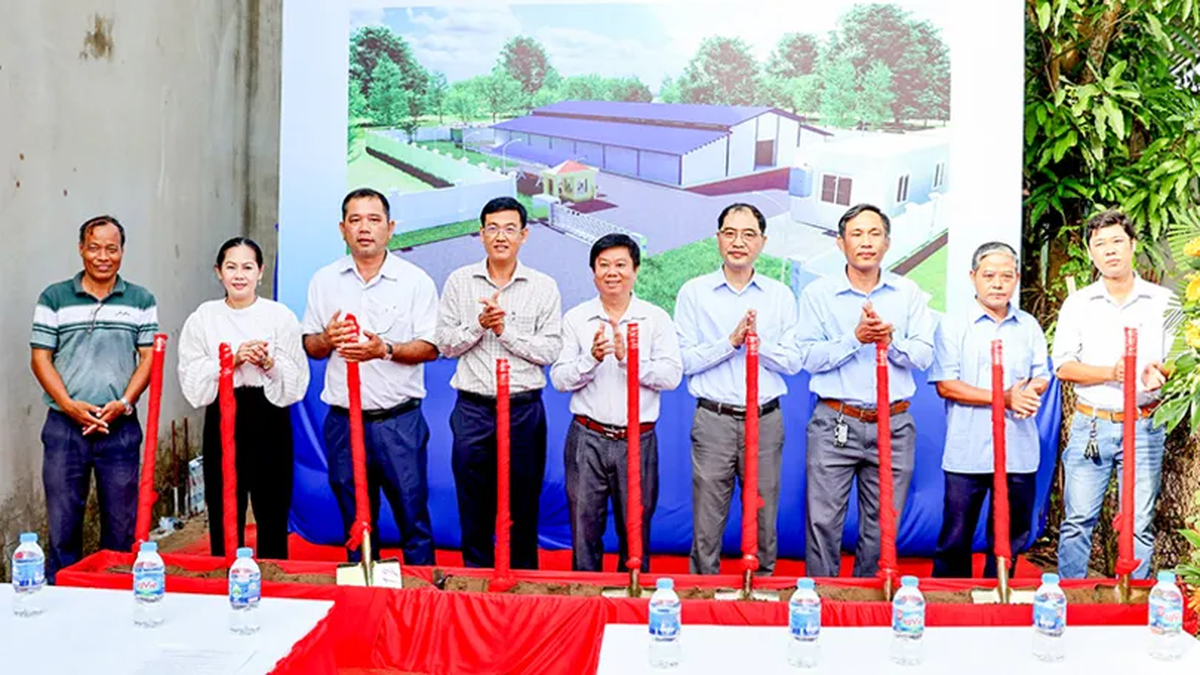
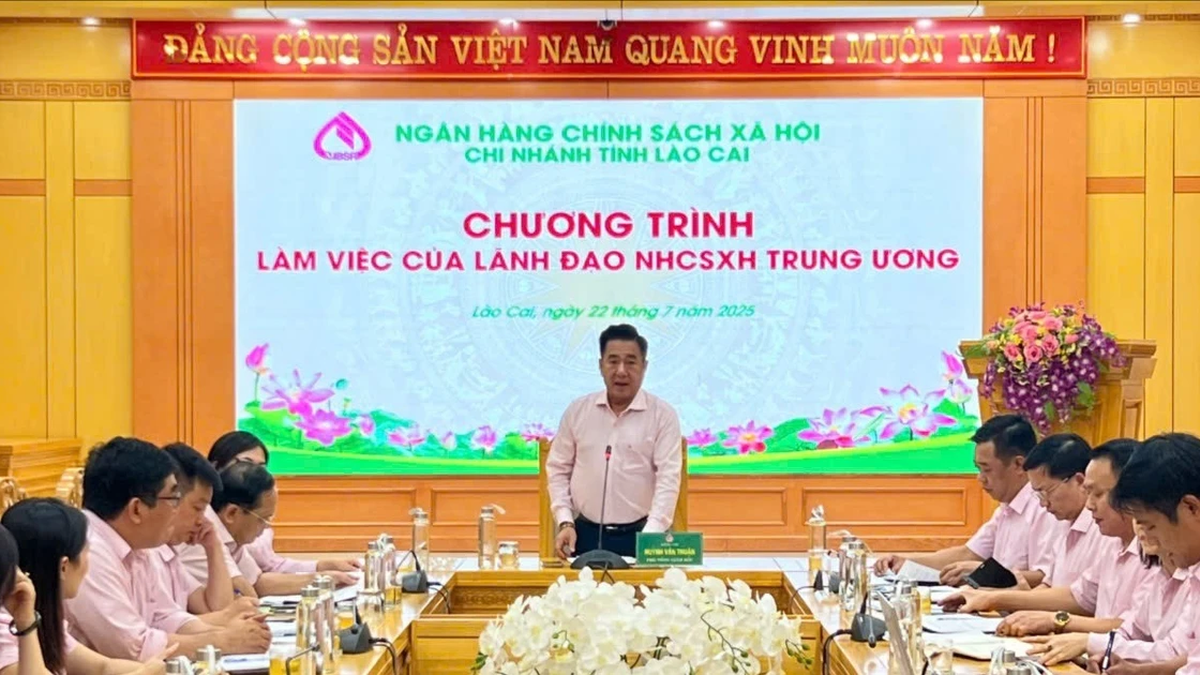
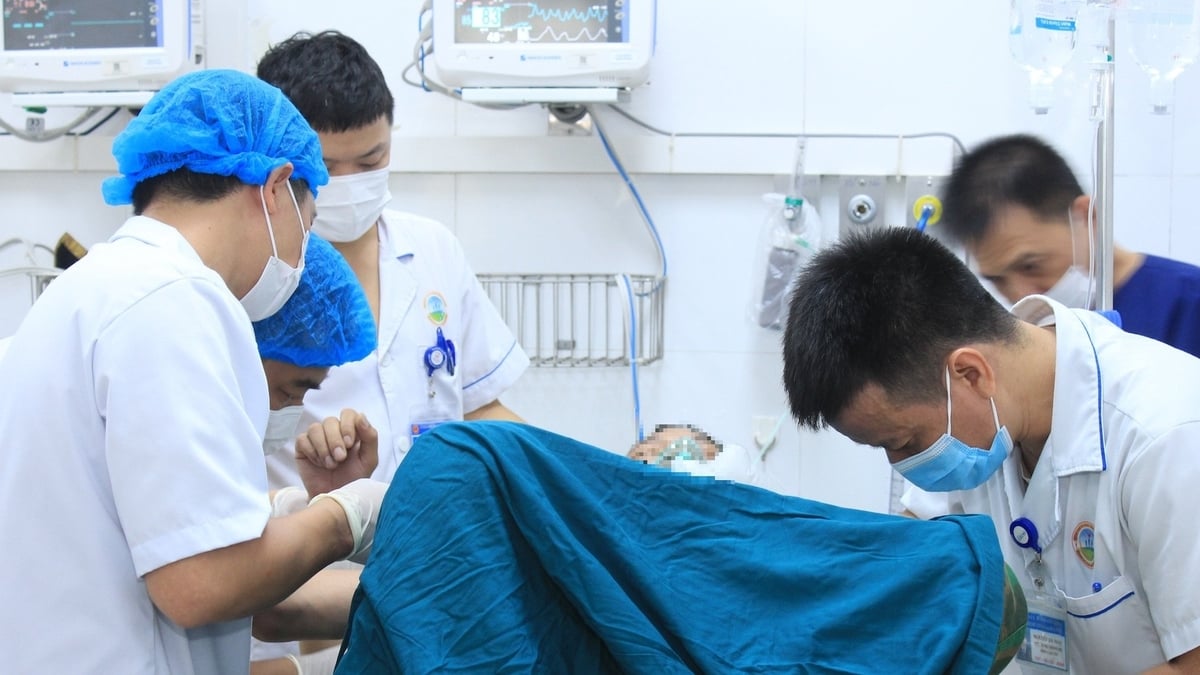
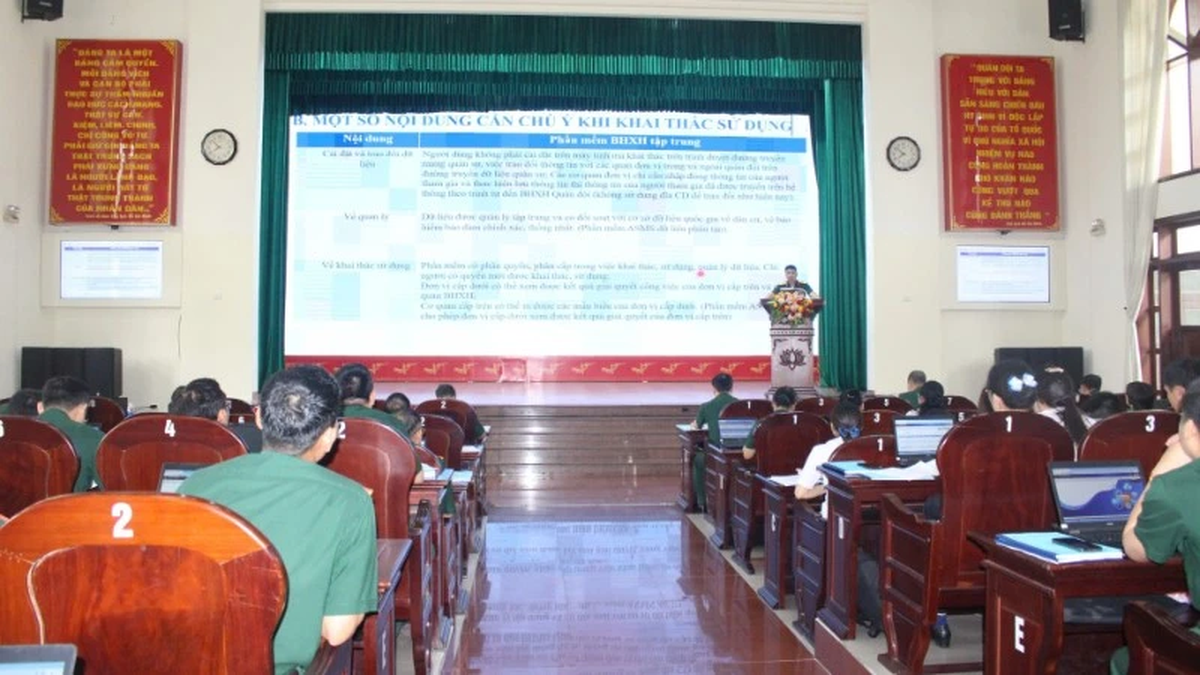


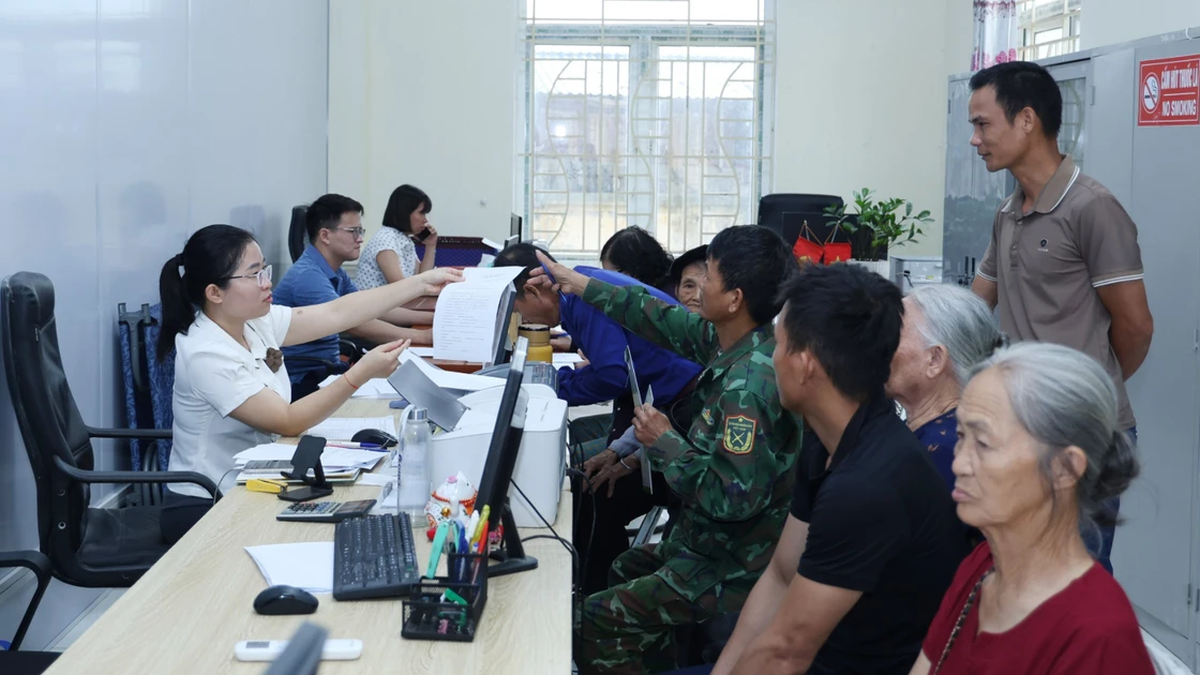

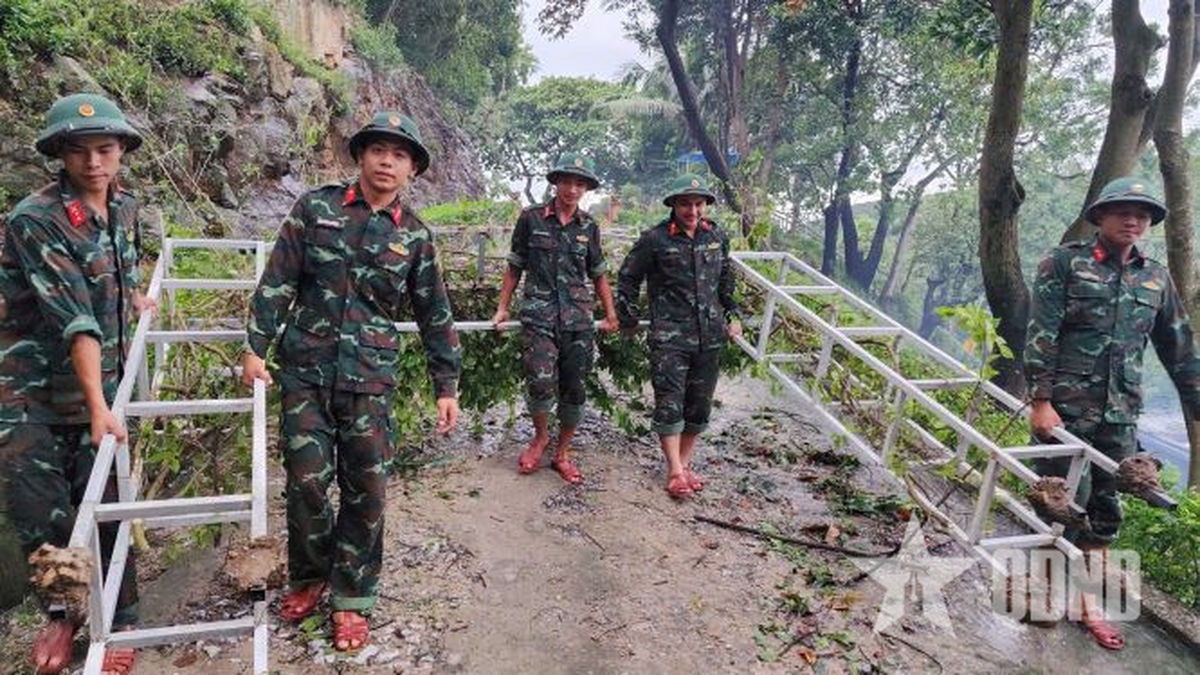
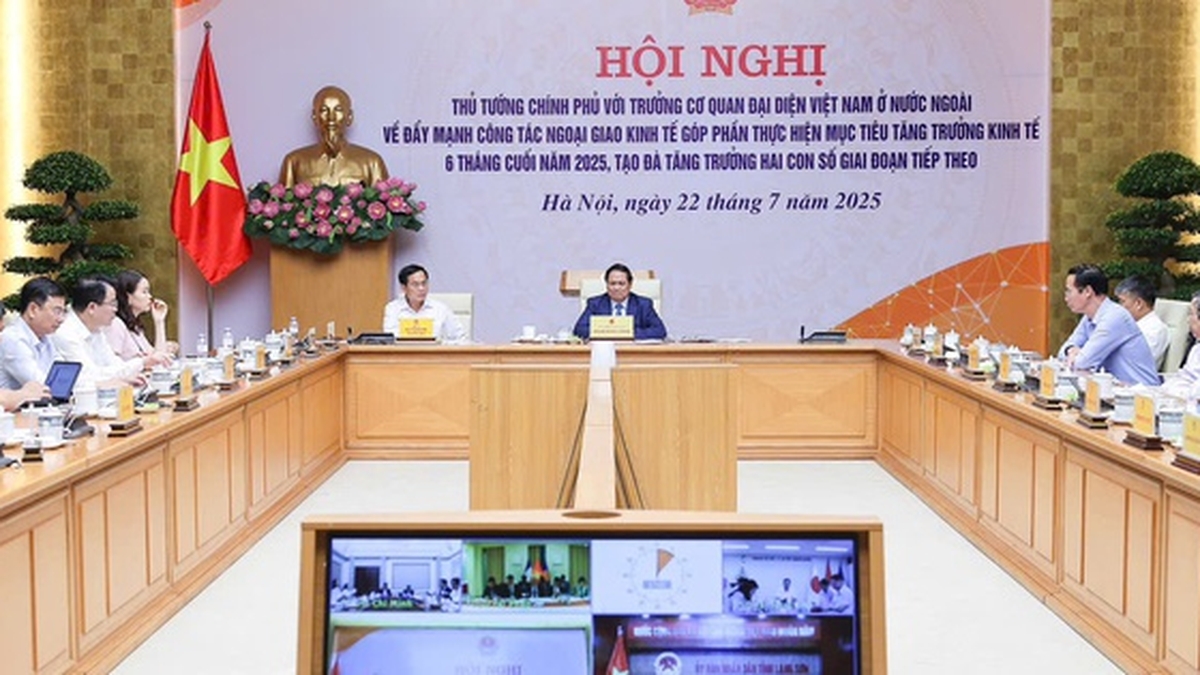




















































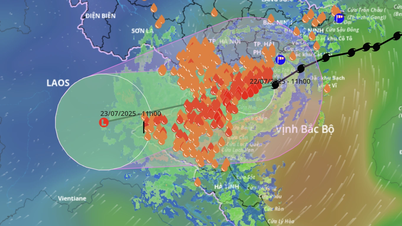

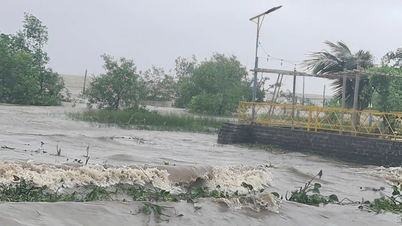



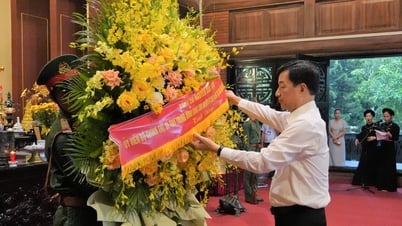

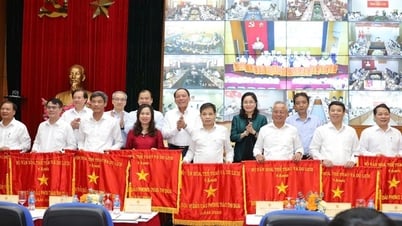


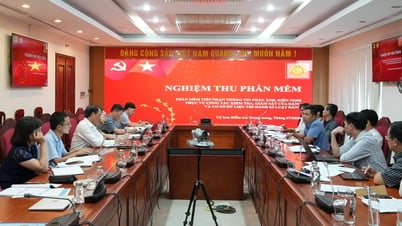


























Comment (0)